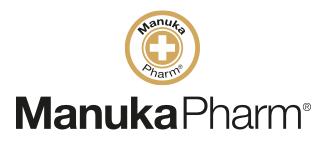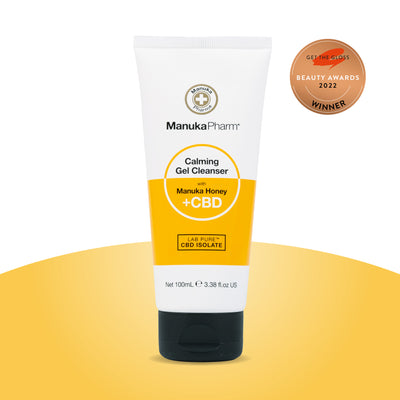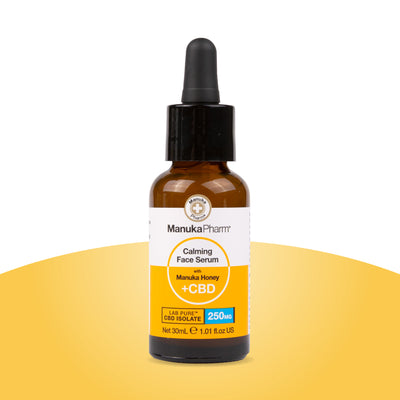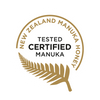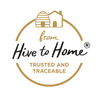As a beauty journalist, I spend a large part of my time testing the latest lotions and potions before they land on the shelves (a tough gig, I know). From acids to retinols – my skin has seen it all and, has occasionally, cried out for help. “Your skin is inflamed,” a dermatologist once told me after my red, flaking face appeared on video call. Inflammation, she explained, is the body’s natural immune response to external or internal triggers. And in my case, excessive skincare use was the trigger.
Other common culprits include stress, lack of sleep, diet, sun damage, heat, allergies and pollution, all of which can lead to skin inflammation. Take sunburn, for example – sunburn is an inflammatory reaction to UV damage to the skin’s outermost layers. Every time we burn, we injure our skin which can eventually result in premature ageing or worse, skin cancer. Stress is another offender. Research has found that stress can impact the balance of bacteria in the gut, leading to internal inflammation. This, in turn, can manifest externally as acne, eczema or psoriasis flare-ups*.
From lifestyle changes to anti-inflammatory skincare, there are several steps you can take to help tackle skin inflammation at home.
1. Streamline your skincare
When it comes to skincare, you can have too much of a good thing. Acids, retinol, lasers and microneedling can all work wonders - but use them in excess (or together) and our skin can freak out. Redness, tightness, and flaking are all signs of inflammation. To help take it down, strip your regimen back to basics. Start with a gentle cleanser like Manuka Pharm’s Calming Gel Cleanser, £15, laced with anti-inflammatory CBD and moisturising manuka honey. Next, moisturise before applying your go-to SPF. It’s important to take a break from active ingredients and really focus on restoring the strength of your skin’s barrier instead.
2. Boost your gut health
Research has found that our gut microbiome and skin are intrinsically linked. One 2021 study found that participants with an inflammatory skin condition (Hidradenitis Suppurativa) had lower levels of bacteria known to regulate balance within the gut*. This supports the notion that a microbial imbalance can stimulate an inflammatory skin response. To help boost gut health, be sure to eat lots of fibre, a wide-range of plant-based foods as well as probiotic foods. Try to avoid highly processed foods as they can contain ingredients that increase ‘bad’ bacteria, leading to inflammation.
3. Invest in anti-inflammatory skincare
Thankfully, there are so many anti-inflammatory ingredients out there that can all help in restoring moisture and reducing inflammation. Omega – 3s, 6s, and 9s are all brilliant healers that are known to help calm signs of rosacea and irritation. Antioxidants, like vitamin C, also encourage cell repair while boasting anti-inflammatory benefits. CBD is another superstar ingredient that can be found in Manuka Pharm’s Calming Face Serum, £15, a fragrance-free godsend for irritated, inflamed skin.
